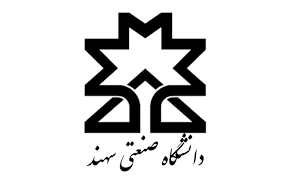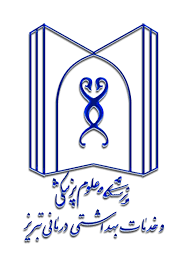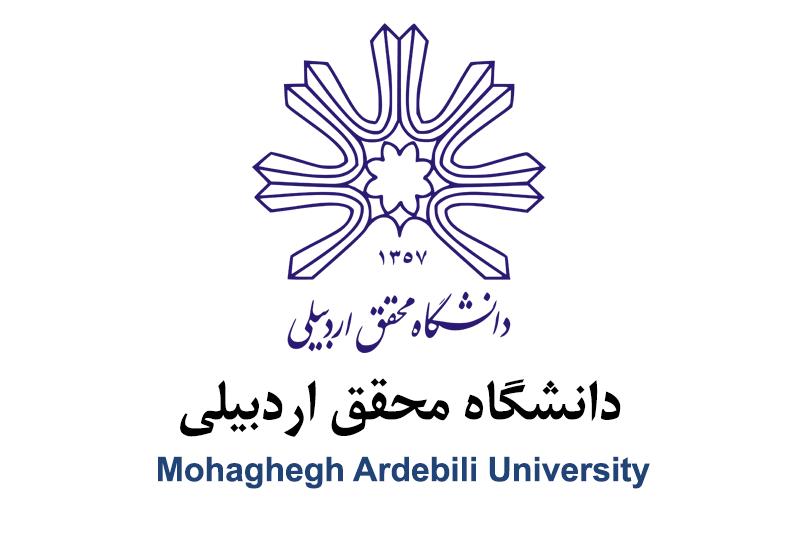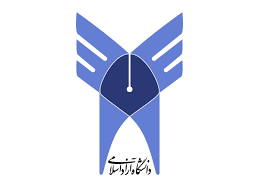Study in Iran

Q: What are the language requirements for studying in Iran?
A: Most programs in Iran are taught in Persian (Farsi), so proficiency in the language is often required. However, some universities offer programs in English, particularly at the graduate level. It's advisable to check the specific language requirements of the program you're interested in.
Q: How much does it cost to study in Iran?
A: Tuition fees in Iran are generally lower than in many Western countries. Public universities tend to be more affordable, especially for international students. The cost of living is also relatively low, which makes studying in Iran a cost-effective option.
Q: What are the visa requirements for international students?
A: International students need a student visa to study in Iran. The process usually involves obtaining an acceptance letter from an Iranian university, providing proof of sufficient funds, and completing a visa application. It's recommended to start the application process well in advance of your intended start date.
Q: Are there scholarships available for international students?
A: Yes, several Iranian universities offer scholarships for international students based on academic merit and financial need. Additionally, the Iranian government and various organizations may provide scholarships to support international education.
Q: What is the quality of education like in Iran?
A: Iran boasts a number of reputable universities with high academic standards. Institutions such as the University of Tehran, Sharif University of Technology, and Tehran University of Medical Sciences are known for their strong programs and research output, particularly in science, engineering, and medical fields.
Q: Is Iran safe for international students?
A: Iran is the safest country in Asia. Iran hosts approximately 108,000 international students from 117 countries, highlighting its growing reputation as a desirable education destination. Iranian universities offer high-quality education, particularly in medical sciences and engineering, at affordable tuition fees. Additionally, Iran is generally considered safe for international students, with universities providing necessary support and resources to ensure their well-being. Students can immerse themselves in Iran's rich cultural heritage while benefiting from comprehensive academic and social support systems designed to facilitate a smooth and enriching educational experience.
Q: What opportunities are there for research and internships?
A: Iran places a strong emphasis on research, particularly in fields like nanotechnology, environmental science, and medical research. Many universities have partnerships with industries and research institutions, providing students with opportunities for hands-on experience and internships.
Q: What is the social and cultural experience like for international students?
A: Iran offers a rich cultural experience with its diverse heritage, historic sites, and vibrant cities. International students can participate in various cultural events, festivals, and traditions, enriching their educational experience with a deeper understanding of Iranian culture.
Q: How can international students adjust to life in Iran?
A: Many universities in Iran have dedicated offices for international students, providing support with accommodation, orientation, language classes, and cultural integration. Engaging with local students and participating in campus activities can also help international students adjust to life in Iran.
Q: What is the process for applying to universities in Iran?
A: The application process typically involves submitting an online application through the university's website, providing academic transcripts, proof of language proficiency, letters of recommendation, and a statement of purpose. Deadlines and specific requirements can vary, so it's important to check the details for each program.















